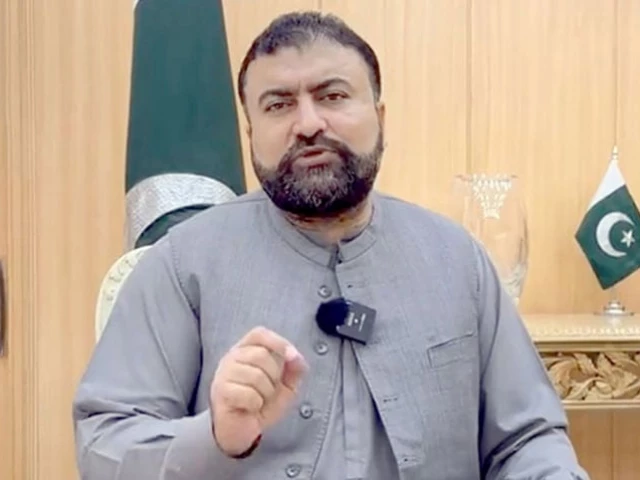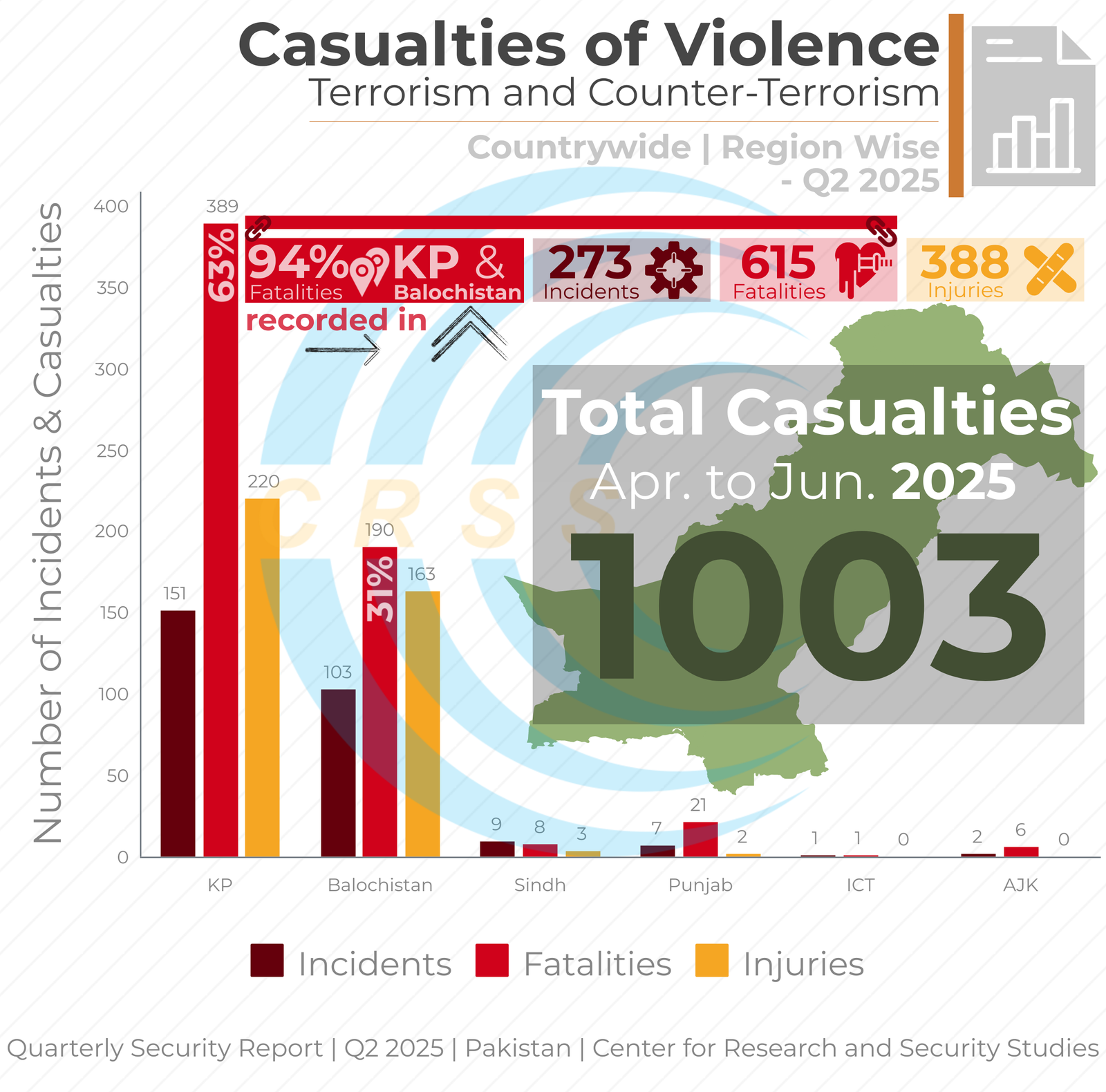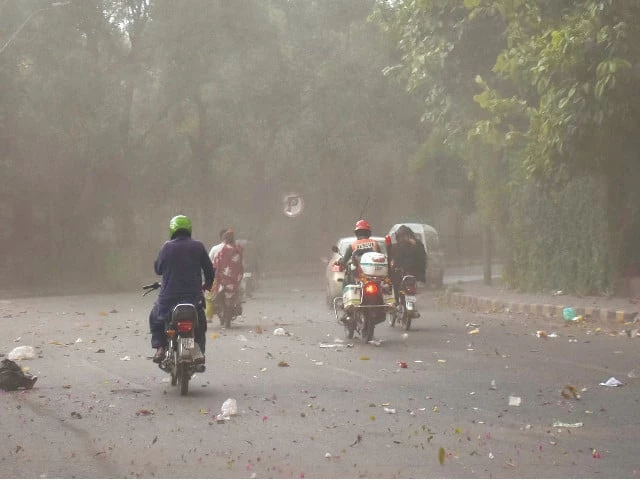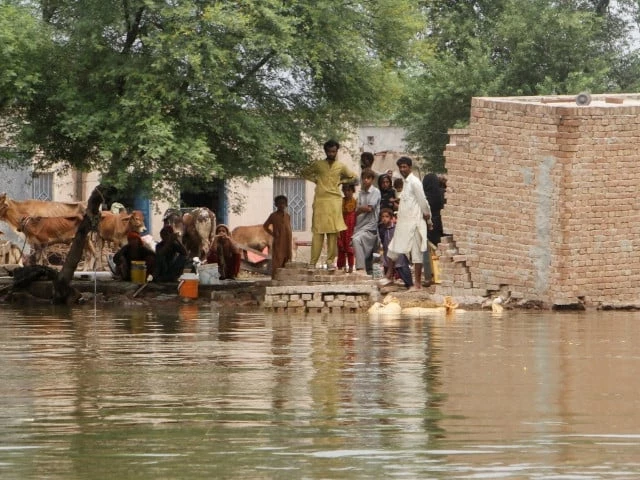Balochistan’s New Directive: What’s at Stake for Families?
In a move that has stirred significant attention, the Balochistan government recently issued a directive urging citizens to report any missing family members or those they suspect might be involved with anti-state groups. The government is serious about this, warning that not reporting such cases could lead to strict legal consequences under anti-terrorism laws.
The Home Department emphasized that family members—parents, siblings, guardians—hold both legal and moral responsibilities. If someone goes missing or seems to be joining extremist organizations, it’s crucial to report this to the nearest police station or relevant authorities. This isn’t just a casual suggestion; failure to do so may lead to charges under Section 202 of the Pakistan Penal Code (PPC) alongside associated sections of the Anti-Terrorism Act (ATA).
So, what happens if a missing person is later found to be connected to terrorism? The implications could affect their family drastically. The government has made it clear that if a person is involved in any terrorist activities—be it financial support or providing safe havens—then their family could face severe legal consequences as well. The penalties can range from being prosecuted under Sections 118 and 202 of the PPC to more severe provisions in the ATA.
The government also made another startling point: families that choose to withhold information about missing individuals may be perceived as accomplices to terrorism. This means that legal actions could extend to Sections 7, 120A, and 120B of the PPC, along with additional charges under the ATA. The expectation is that every citizen plays a role in combatting terrorism—not just the government.
The urgency of reporting such cases is underscored by the potential consequences for families associated with missing persons. Section 11-E(1) of the ATA specifically aims at ensuring that people are held accountable and that they maintain vigilance regarding their surroundings and loved ones. It’s all about collective responsibility here; everyone is encouraged to take action in the name of national security.
This directive was issued “in public interest,” indicating the government’s commitment to curbing terrorism through community involvement. However, the warning is clear: hesitating to report could be interpreted as complicity, leading to a situation no one wants to find themselves in.
As citizens navigate their responsibilities, it’s essential to foster a community that prioritizes safety and transparency. Open dialogue within families and neighborhoods can go a long way in addressing concerns and ensuring that everyone feels secure.
For those interested in community safety and staying informed about important updates in your region, consider engaging with platforms like Pro21st, where you can find valuable resources and support. Your awareness and readiness can make a difference.
At Pro21st, we believe in sharing updates that matter.
Stay connected for more real conversations, fresh insights, and 21st-century perspectives.





